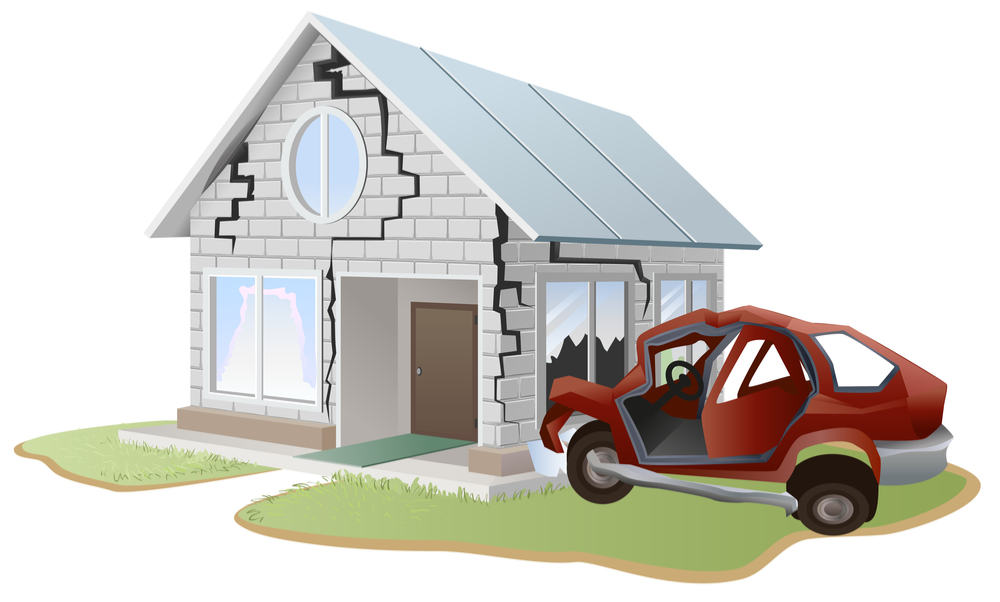Different Property Cases have different ways of handling Property Damage cases. Some Lawyers may choose to take on the case as a full-time job, while others may only handle small claims or mediations. However, there are some general tips that all Lawyers follow when handling a Property Damage case.
- Always document any damage done to the victim’s property. The lawyer must have as much information as possible to fully understand what was damaged and how much it will cost to fix/repair it. This documentation can be in the form of photos, video footage, and written descriptions.
- Try to get a settlement or jury verdict before going to court. An agreement can be reached without going through a long trial or arbitration process.
Introduce the Property Damage Case and the parties involved
Property Damage cases are typically filed by individuals or businesses that have incurred damages due to someone else’s careless or wrongful actions. In these cases, the defendant is typically the person or business that caused the Property Damage. In a Property Damage case, the plaintiff typically must prove two things: that the defendant caused the damage and that the damage was due to something beyond the plaintiff’s reasonable control. Depending on the circumstances surrounding a particular Property Damage case, defendants may be liable for economic and non-economic damages. Economic damages refer to losses that can be quantified, such as lost wages or damaged equipment. Non-economic damages, on the other hand, are more difficult to measure and can include pain and suffering, emotional distress, and loss of enjoyment of life.
How are Property Damage Cases Resolved?
Property Damage cases are typically filed by individuals or businesses that have incurred damages due to someone else’s careless or wrongful actions. In these cases, the defendant is typically the person or business that caused the Property Damage. In a Property Damage case, the plaintiff typically must prove two things: that the defendant caused the damage and that the damage was due to something beyond the plaintiff’s reasonable control. Depending on the circumstances surrounding a particular Property Damage case, defendants may be liable for economic and non-economic damages. Economic damages refer to losses that can be quantified, such as lost wages or damaged equipment. Non-economic damages, on the other hand, are more difficult to measure and can include pain and suffering, emotional distress, and loss of enjoyment of life.
What to do When your Motor Vehicle is Damaged
If you are a victim of Property Damage due to someone else’s negligence, you may want to consider speaking with an attorney. You can take several steps to protect yourself, including documenting the damage and seeking reimbursement from the responsible party. Here are some tips to help you navigate through these difficult cases:
- Document the damage as soon as possible. Make sure to take pictures or videos of the scene before anything is moved or damaged further. This will help ensure that you have accurate incident documentation and can later prove your case in court.
- Get all relevant information about the person or company responsible for your damages. It is important to be as clear and concise as possible when providing this information so that they understand exactly what they are liable for. Gathering this information may require contacting authorities or negotiating with the responsible party directly.
What Does Property Damage Include?
When someone is injured as a result of another person’s negligence, they may be able to receive compensation for the loss of their property. This compensation can come in money, replacement property, or both. It is important to understand what this term includes to qualify for Property Damage cases.
Property Damage can include any physical injury resulting from another person’s negligence. This includes bruises and cuts and more serious injuries like broken bones. If you are hurt due to someone else’s careless behavior, you may be able to file a lawsuit seeking compensation for your losses.
Examples of Property Damages Cases
- In a Property Damage case, the plaintiff may seek damages for physical or emotional injuries they have suffered due to someone else’s action.
- Damages can also be sought for lost wages, medical expenses, and other costs associated with the injury.
- Common examples of Property Damage cases include car accidents, slips, falls, and fires.
- The plaintiff must prove that the defendant’s conduct caused the damage to recover damages from them.
- Property Damage cases can be complicated and often require skilled legal representation to ensure a successful outcome for the plaintiff.
- If you are injured in a Property Damage case, you must speak with an attorney as soon as possible to discuss your rights and options.
Conclusion
When it comes to Property Damage cases, there are a few things that you should keep in mind. First and foremost, always have an attorney on your side. They can help you with everything from getting a fair settlement to ensuring the wrong person doesn’t get away with what they did. Secondly, know your rights. Make sure that you understand the facts of the case and know what you can and cannot do. Finally, never give up hope. Even if you think the case is lost, don’t give up – there is always a chance for a successful outcome.

